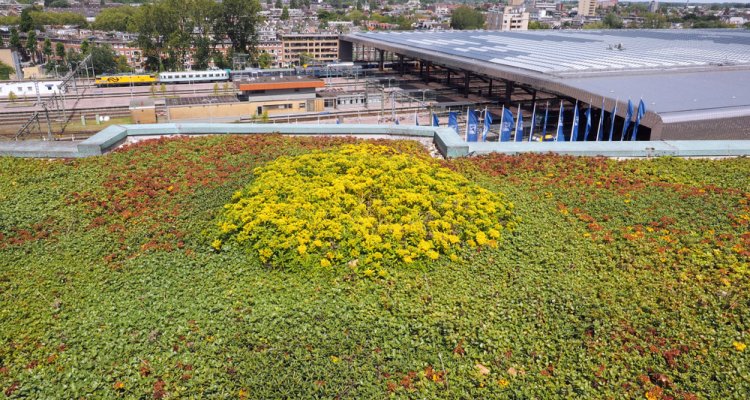
Project
ARCADIA
The ARCADIA project, part of the European Climate Adaptation Mission, focuses on large-scale system transformations towards resilient and future-proof regions in continental Europe by creating natural solutions to adapt the region to climate change.
Five Model Regions are testing nature-based solutions (NBS) for increased
resilience to climate change, while three Fellow regions learn from these and apply the approaches and measures independently. Core activities include the development of a regional vision for the future, setting up 15 co-innovation labs within which the system approach to NBS is tested and demonstrated in regional practice with the partner network, and demonstrated, and scaling up NBS measures to system level. WR researchers are working on a green-blue framework (EU: ''blue Green infrastructure (bgi)''; NL: ''blue green interlacing'')) for the transformation of the current system, adapting the in Netherlands principle of water and soil steering (WBS). WR also works on behavioural change strategies, on design and monitoring tools for NBS, and on equal and equitable implementation and execution.
The project is important for the Netherlands because it valorises NL2120 knowledge, and knowledge on soil and water management is valorised in Central Europe, thus fulfilling the internationalisation strategy of the thinking developed in the Netherlands. By doing so, the Netherlands contributes significantly to climate resilience of 150 European regions. The project is also carried out in intensive cooperation with other renowned research institutes in Europe, leading to new knowledge, insights and approaches on working together on regional climate adaptation tasks. We translate this to the Dutch projects on which WR is working (e.g. Groeifonds NL2120) and to policymakers (climate adaptation agriculture, green climate-proof city, NPLG), as well as other partners active in climate adaptation implementation. ARCADIA also coordinates with its sister projects at EU level, namely DESIRMED, focusing on the Mediterranean region and NBRACER, focusing on North Atlantic Europe.